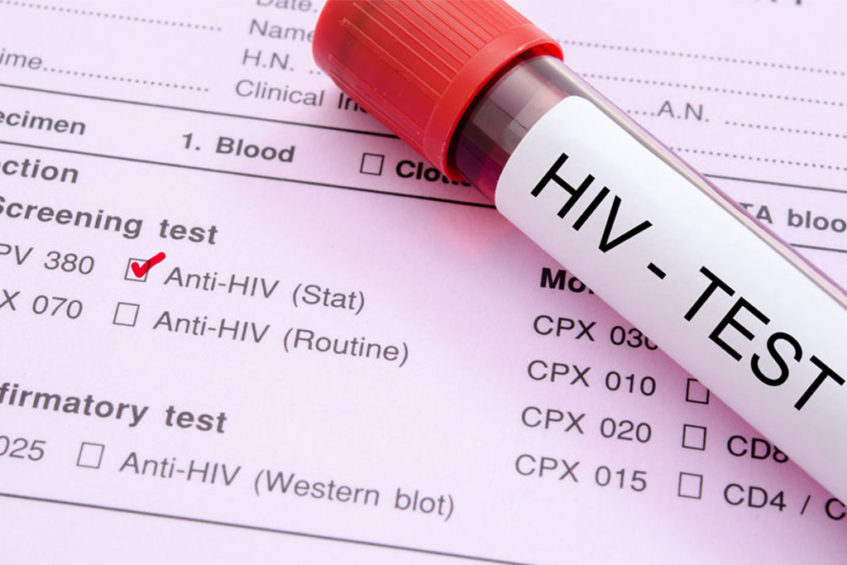
HIV testing equipment. (File photo).
The Deputy Chairperson of the South Sudan HIV/AIDS Commission is calling on the government to finance primary prevention measures if the country is to end the virus by 2030.
HIV remains a major global public health issue, having claimed 40.4 million lives so far with ongoing transmission in all countries globally, according to the World Health Organization (WHO).
Achol Ayom said reaching zero infection is a collective responsibility of the South Sudan government and international partners.
Ms. Ayom said ending AIDS is not impossible and calls on concerned ministries of health, gender, education and youth to collaborate in attaining the 2030 goal.
“We must work together just to get rid of this HIV in 2030. It is not impossible,” Ayom told state-owned television SSBC on Friday.
“One of the things we should do is the primary prevention, and this primary is the responsibility of the government. So, we need the government to finance primary prevention.”
“It is possible, but we have to come all together the Ministry of Health, Gender, Education and Youth have to come together, and we see what we can do.”
In 2022, the head of HIV/AIDS commission said South Sudan was among the countries registering increased new HIV infection in the region and is unlikely to achieve the global Agenda of Zero infection by 2030.
Dr. Esterino Novelo stated that new HIV infections in the country had risen to 35 per cent in 2022 this is up from the 23 per cent infection rates of the previous year.
On her part, Anne Muthoni, Regional Director of UNAIDS for East and South Africa said the country needs to transform its response to the virus.
Ms. Muthoni said the about 160,000 people living with HIV in the country, adding that 60% of the affected are women and children.
“We can change the trajectory of the AIDS response in this country because South Sudan is a country that has over 160,000 people living with HIV and many of them over 60% of them are women and girls.”
Human immunodeficiency virus (HIV) is an infection that attacks the body’s immune system, while acquired immunodeficiency syndrome (AIDS) is the most advanced stage of the disease.
HIV targets the body’s white blood cells, weakening the immune system and making it easier to get sick with diseases like tuberculosis, infections and some cancers.
HIV is spread from the body fluids of an infected person, including blood, breast milk, semen and vaginal fluids.
It is not spread by kisses, hugs or sharing food. It can also spread from a mother to her baby.
HIV can be treated and prevented with antiretroviral therapy (ART). Untreated HIV can progress to AIDS, often after many years.
Support Eye Radio, the first independent radio broadcaster of news, information & entertainment in South Sudan.
Make a monthly or a one off contribution.
Copyright 2024. All rights reserved. Eye Radio is a product of Eye Media Limited.